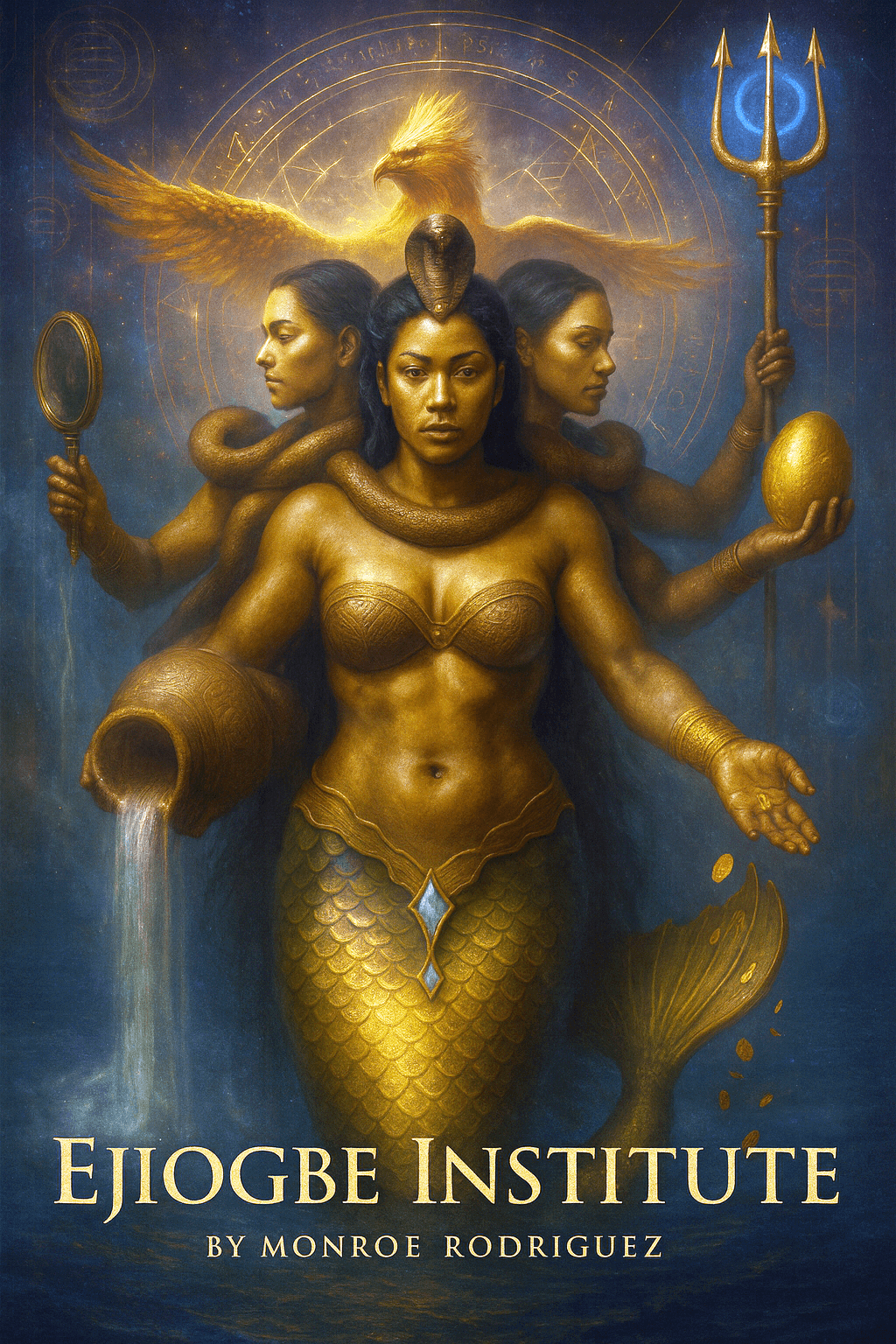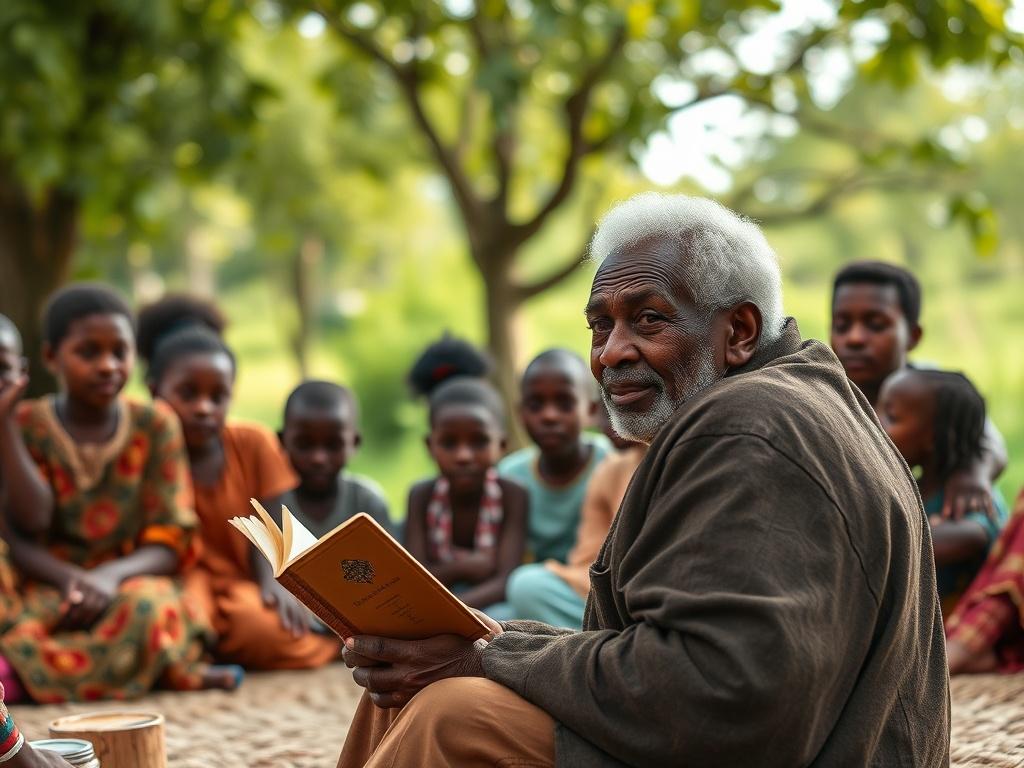
Why UNESCO Is Finally Recognizing African Oral Traditions (And What It Means for You)
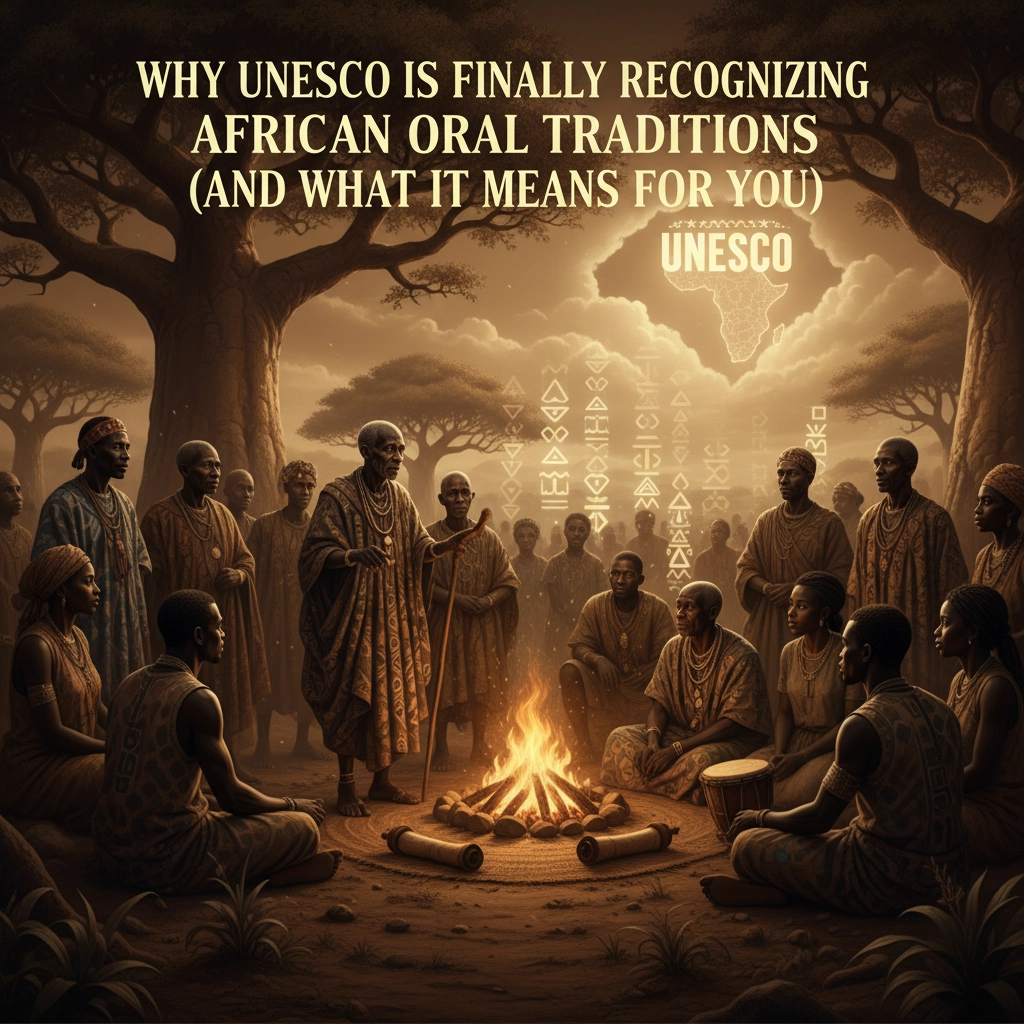
After decades of overlooking indigenous knowledge systems, UNESCO has finally begun embracing African oral traditions as invaluable cultural assets through its Intangible Cultural Heritage program. This recognition represents more than institutional acknowledgment: it validates what African communities have known for millennia: that our oral traditions are sophisticated libraries of wisdom, history, and cultural identity that deserve global protection and respect.
The shift is profound. UNESCO's recent initiatives, including the inscription of Congolese Rumba as an element of Intangible Cultural Heritage and the establishment of International Jazz Day, acknowledge how African cultural expressions have shaped global civilization. But this recognition extends far beyond individual traditions: it represents a fundamental reimagining of how the world values indigenous knowledge systems.
The Living Libraries UNESCO Now Protects
African oral traditions form one of humanity's oldest and most sophisticated knowledge preservation systems. These are not simple stories passed down through generations, but intricate networks of historical documentation, moral instruction, and cultural transmission that have maintained their accuracy and relevance across centuries.
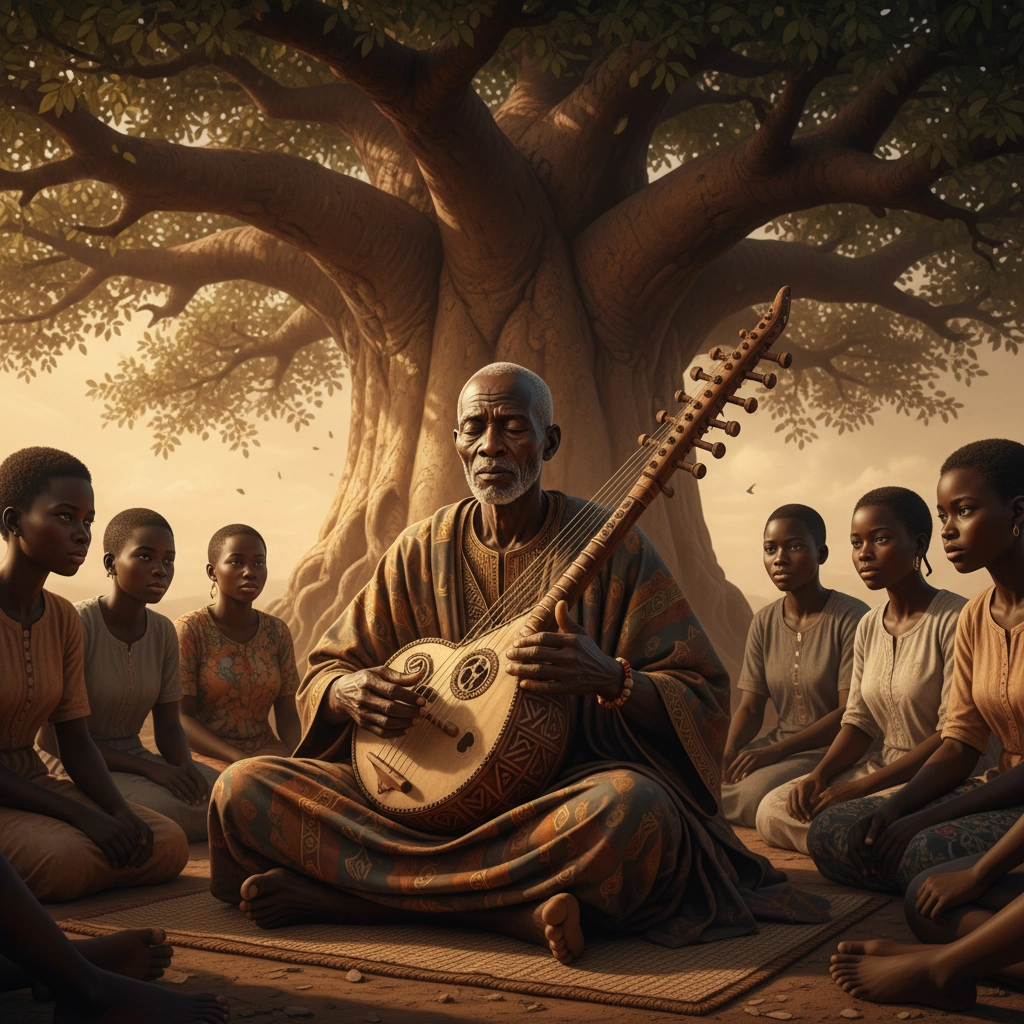
The griots of West Africa exemplify this sophistication. These master storytellers, musicians, and historians serve as living repositories of genealogies spanning centuries, preserving epic narratives like the Sundiata Epic that chronicles the founding of the Mali Empire. Their knowledge runs so deep that a Mandinka proverb declares: "When a griot dies, it is as if a library has burned to the ground."
But griots represent just one thread in Africa's vast tapestry of oral tradition. From the praise poetry of Southern Africa that weaves together history and identity, to the wisdom-laden parables of Igbo elders that encode complex philosophical concepts, each tradition represents a unique approach to preserving and transmitting knowledge.
Research spanning five decades has demonstrated that these oral accounts often reflect events reaching back three to five centuries, with many narratives corroborated by archaeological findings and written historical sources. This scholarly validation, combined with UNESCO's institutional support, elevates African oral traditions from marginalized cultural practices to recognized world heritage deserving protection and study.
Why Recognition Comes at a Critical Moment
UNESCO's formal acknowledgment arrives as traditional knowledge systems face unprecedented threats. Rapid urbanization, digital transformation, and the natural passing of elder knowledge-keepers create urgent preservation challenges that require both institutional support and innovative solutions.
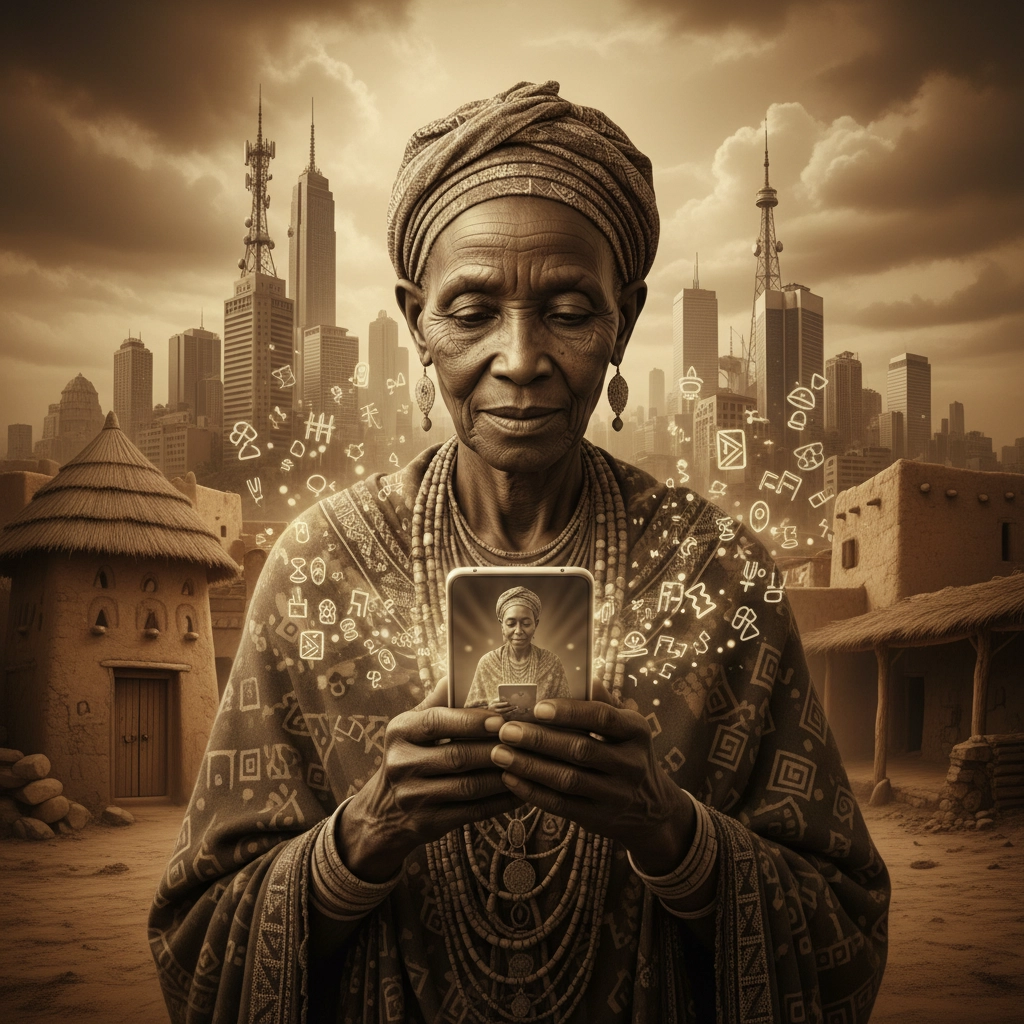
The organization recognizes that oral traditions and expressions serve as crucial vehicles for passing on knowledge, cultural and social values, and collective memory. They play an essential part in keeping cultures alive, functioning as dynamic educational systems that adapt to contemporary contexts while maintaining their essential wisdom.
This recognition validates what communities have long understood: that oral traditions represent authoritative historical information and sophisticated educational frameworks. When UNESCO acknowledges these systems, it legitimizes indigenous epistemologies that Western academic institutions have historically overlooked or dismissed.
The timing proves especially significant as African communities increasingly integrate modern platforms: community radio stations, social media, and digital archiving tools: to preserve and share traditional stories. UNESCO's support creates a bridge between ancestral wisdom and contemporary preservation technologies, enabling communities to safeguard their heritage while making it globally accessible.
Transforming Global Understanding of Heritage
UNESCO's recognition fundamentally reshapes how the world views African contributions to human knowledge and culture. By acknowledging that African oral traditions reveal "how a group of people understand their world and the worlds of their ancestors," UNESCO validates diverse ways of knowing that complement and enrich global understanding.
This shift highlights Africa's profound influence on world culture. African artists and creators, combining ancestral musical traditions with innovation, gave birth to blues in the Mississippi Delta and jazz in New Orleans. UNESCO's acknowledgment of these connections demonstrates how African cultural heritage extends far beyond continental borders, influencing global artistic expression and cultural development.
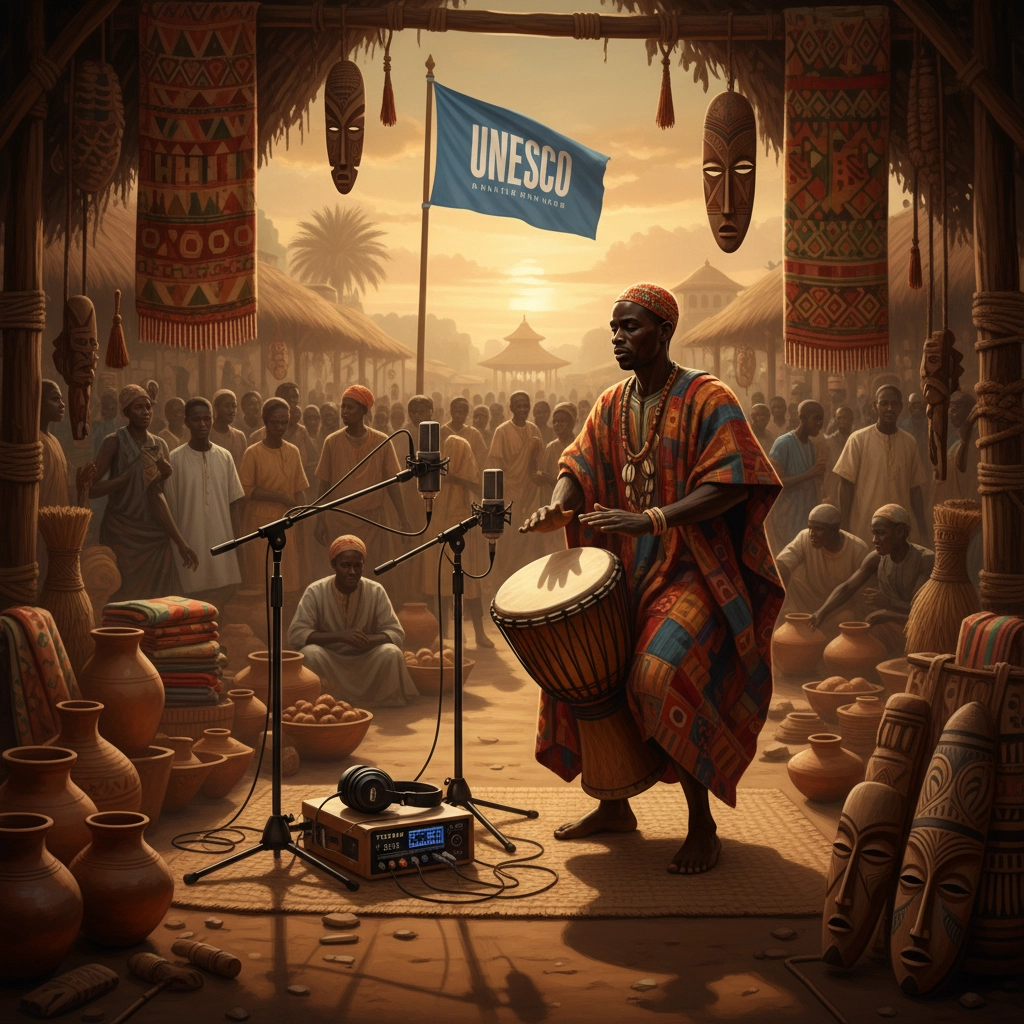
The recognition also challenges dominant narratives about civilization and progress, opening space for more inclusive approaches to cultural diversity and indigenous wisdom. It suggests that development and modernity need not require abandoning traditional knowledge systems, but can instead integrate ancestral wisdom with contemporary innovation.
What This Recognition Means for You
For individuals and communities, UNESCO's validation creates tangible opportunities for cultural engagement and professional development. It legitimizes the study and preservation of oral traditions as valuable academic and cultural pursuits, potentially creating new pathways in fields ranging from anthropology to digital archiving and cultural preservation technology.
For Cultural Practitioners and Educators:
- Enhanced credibility when seeking funding for preservation projects
- Increased academic recognition for oral tradition research and documentation
- New opportunities for cultural exchange and international collaboration
- Validation of traditional teaching methods and knowledge systems
For Technology Developers and Digital Archivists:
- Growing market demand for culturally sensitive preservation tools
- Opportunities to develop platforms that respect indigenous knowledge protocols
- Potential partnerships with UNESCO and cultural institutions
- Recognition of the importance of ethical, community-centered preservation approaches
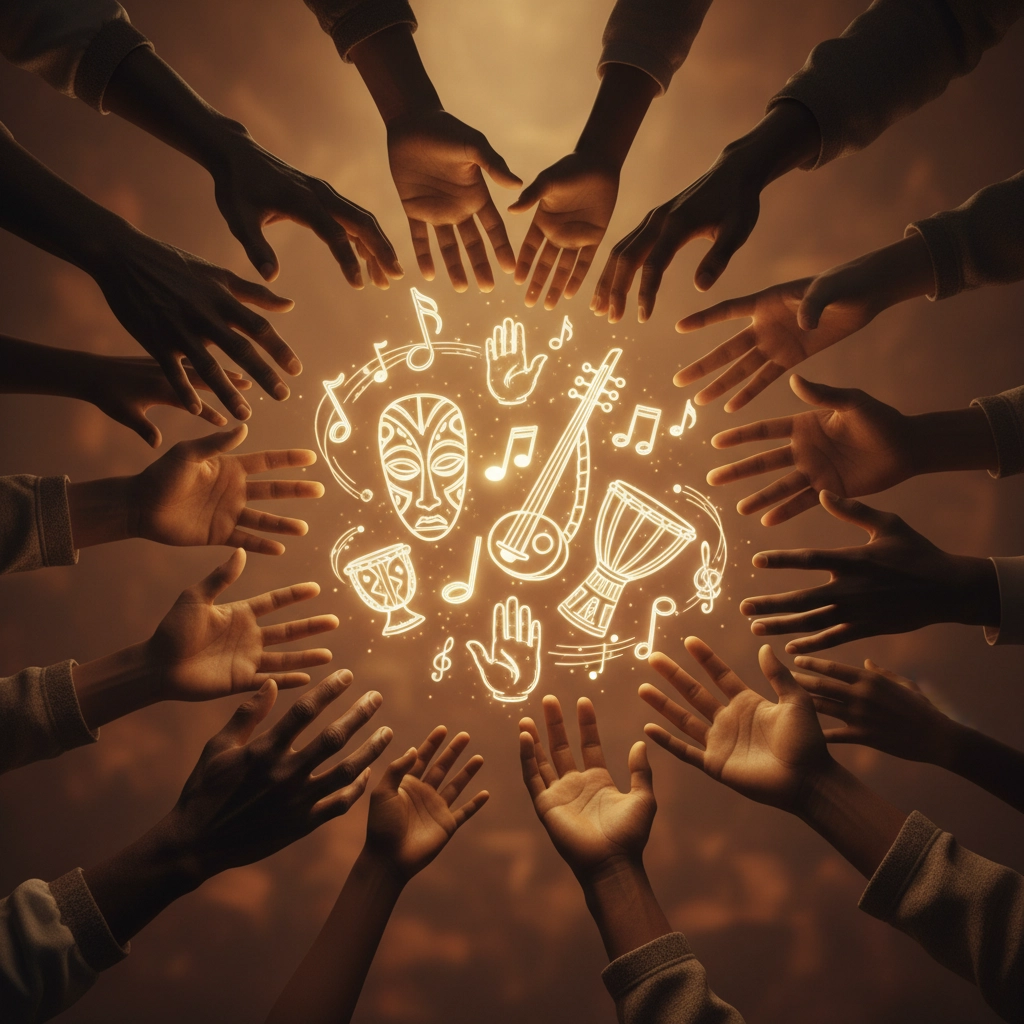
For Community Members and Cultural Heritage Enthusiasts:
- Renewed pride in traditional knowledge systems and cultural identity
- Increased access to preserved oral traditions through digital platforms
- Opportunities to contribute to preservation efforts in meaningful ways
- Enhanced understanding of how traditional wisdom applies to contemporary challenges
The recognition also empowers communities to take ownership of their cultural preservation efforts. Rather than relying solely on external documentation, communities can now access institutional support while maintaining control over how their traditions are recorded, shared, and transmitted to future generations.
Supporting Cultural Renaissance Through Technology
UNESCO's recognition contributes to what can be seen as an African cultural renaissance, where traditional knowledge systems gain renewed respect and integration with contemporary life. This represents more than preservation: it acknowledges oral traditions as dynamic, evolving systems that continue offering relevant wisdom and cultural guidance in our modern world.
For organizations like Ejiogbe Voices, this recognition validates our mission to bridge ancestral wisdom with cutting-edge technology. By developing platforms that honor traditional knowledge while making it accessible to global audiences, we participate in UNESCO's vision of preserving humanity's intangible cultural heritage.
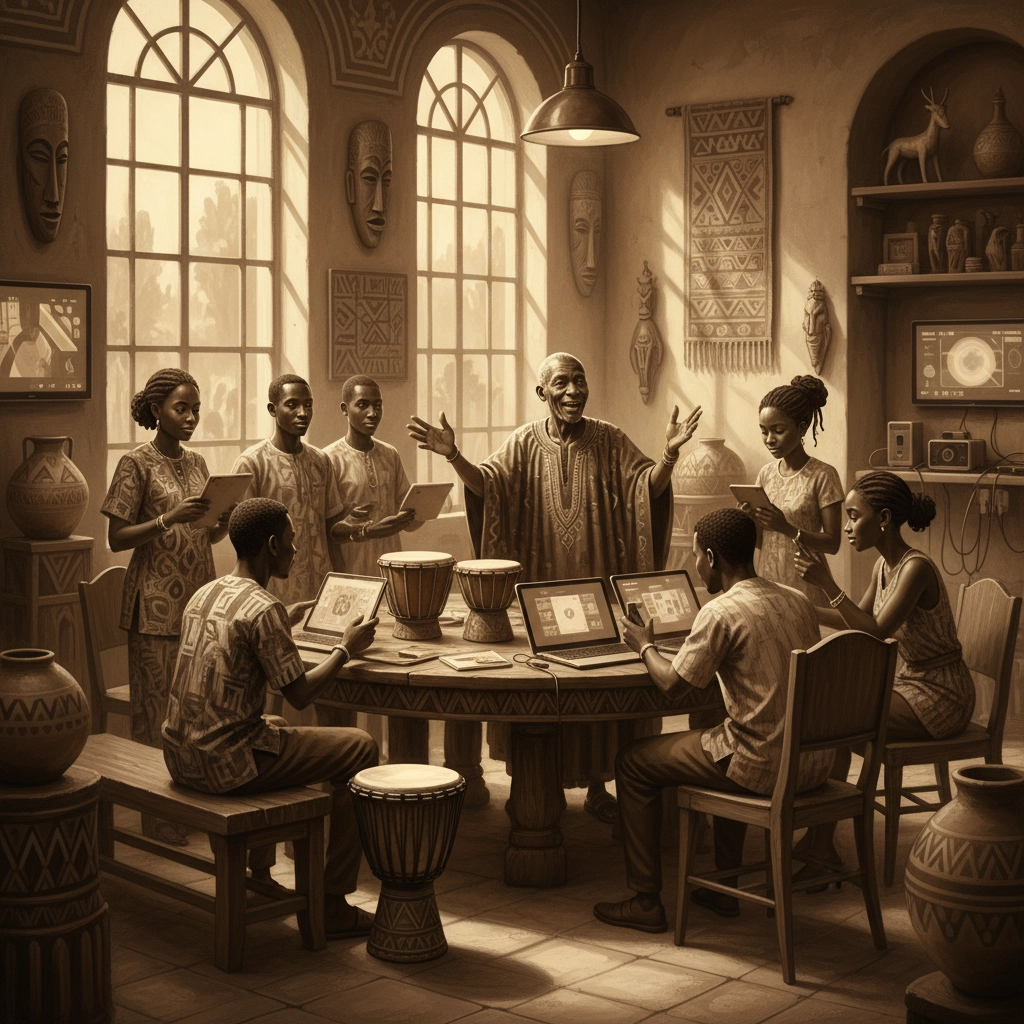
The path forward requires collaboration between traditional knowledge keepers, technology innovators, and international organizations. UNESCO's recognition provides the institutional framework, but the real work happens in communities where elders share their wisdom, young people embrace their heritage, and innovative platforms ensure these precious traditions survive and thrive.
This recognition transforms how we understand cultural heritage in the digital age. It suggests that the most sophisticated preservation systems aren't always the newest technologies, but often the oldest wisdom traditions that have proven their resilience across centuries. By combining these approaches, we create preservation methods that honor both ancestral knowledge and contemporary innovation.
UNESCO's growing embrace of African oral traditions represents more than institutional policy: it signals a fundamental shift toward recognizing diverse forms of human knowledge and cultural expression. For communities, practitioners, and innovators alike, this recognition opens new possibilities for preserving, sharing, and celebrating the wisdom that has guided humanity across generations.
The time has come to ensure these invaluable traditions not only survive but flourish, connecting past wisdom with future possibilities in ways that honor both heritage and innovation.
